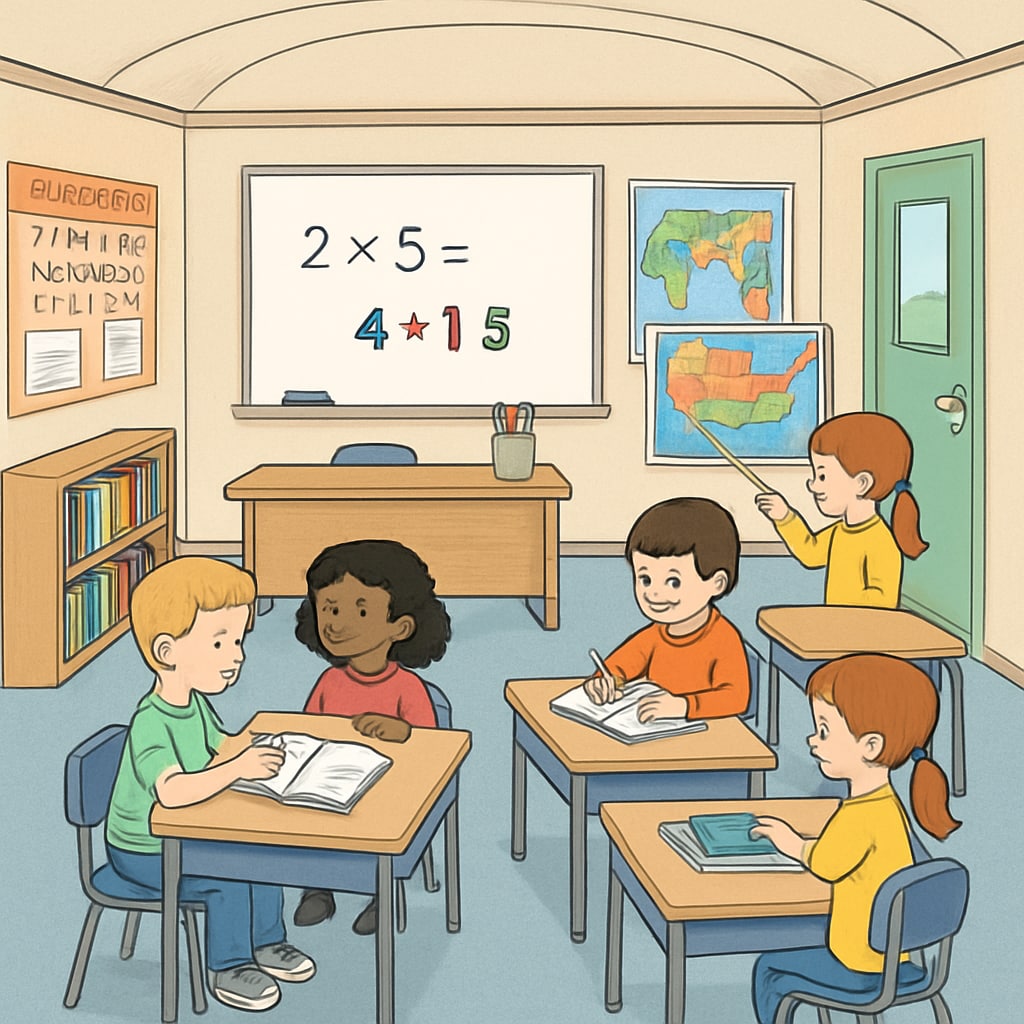Temporary changes in campus environments can have profound effects on primary school education, school facilities, and parent engagement. When schools undergo renovations, relocations, or space reductions, children are often exposed to unfamiliar surroundings. These changes can impact students’ psychological well-being, social interactions, and academic performance. It’s crucial for educators and parents to work together to ensure a constructive and supportive learning experience.
Challenges of Temporary Campus Environments
Temporary campuses often come with limitations such as reduced physical space, fewer facilities, and restricted access for parents. These changes can pose challenges for both students and educators:
- Reduced Space: Smaller classrooms or shared spaces can lead to overcrowding, making it harder for children to focus and engage in learning activities.
- Limited Resources: Temporary setups may lack essential facilities, such as libraries, playgrounds, or science labs, which are critical for holistic education.
- Disrupted Routines: The transition to a new environment can disrupt students’ daily routines, causing stress and a sense of instability.

The Psychological Impact on Children
Environmental changes can trigger anxiety or feelings of uncertainty among primary school students. Younger children, in particular, are sensitive to disruptions in their familiar surroundings. Temporary campuses may lead to:
- Increased Stress: Unfamiliar spaces and reduced resources can make children feel overwhelmed and less motivated.
- Social Challenges: Limited common areas may reduce opportunities for social interaction and teamwork among students.
- Academic Struggles: Distractions caused by overcrowded spaces or insufficient facilities can hinder learning and academic progress.
Educators and parents must remain vigilant and proactive in addressing these emotional and psychological challenges to ensure children can adapt effectively.
Strategies for Parents and Educators
Despite the challenges, there are practical strategies to support students during temporary campus changes:
- Create Familiarity: Teachers can decorate classrooms with familiar elements to help children feel more comfortable.
- Encourage Communication: Parents should talk to their children regularly about their feelings and experiences at school.
- Maintain Routines: Consistent daily schedules can provide stability and reduce stress for children.
- Collaborate with Staff: Parents and teachers can work together to identify and address specific challenges faced by students.
- Provide Emotional Support: Schools can offer counseling services or group activities to help children cope with anxiety.

Positive Outcomes Through Adaptability
While temporary campus environments can be challenging, they also offer opportunities for growth and adaptability. With proper support, children can develop resilience and learn to navigate change effectively. Educators can use these experiences to teach important life skills, such as problem-solving, flexibility, and collaboration.
By fostering a strong partnership between parents and schools, temporary challenges can be transformed into meaningful learning experiences. As a result, children can emerge stronger and more prepared for future transitions in life.
Primary education on Wikipedia provides additional insights into the importance of supportive learning environments, while Education on Britannica explores how external factors impact child development.
Readability guidance: Use short paragraphs and bullet points to summarize key ideas. Maintain a balance between academic analysis and actionable advice. Incorporate transition words to enhance coherence throughout the article.


